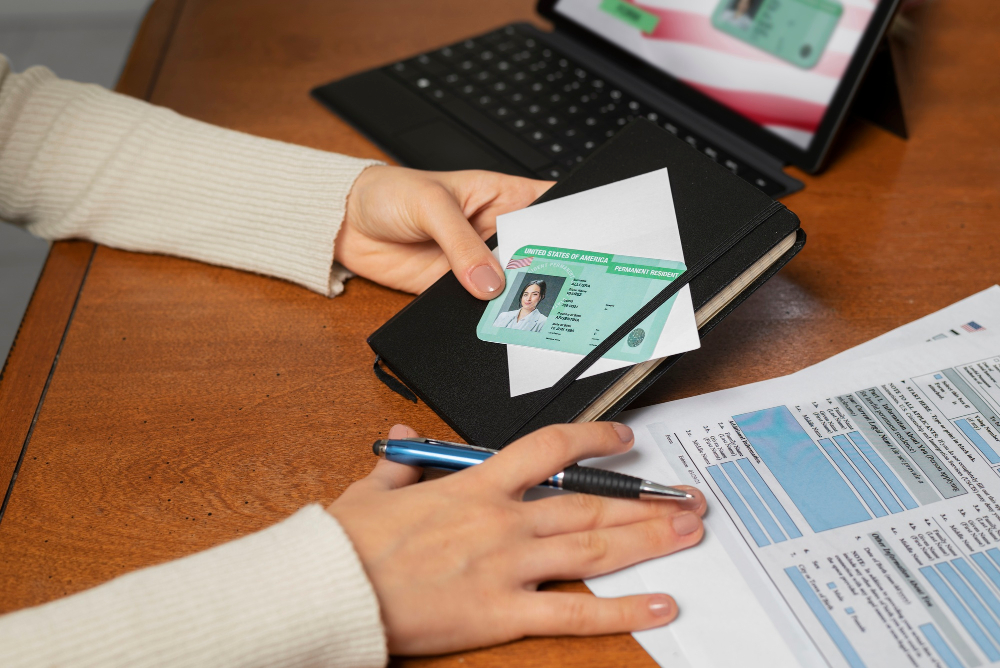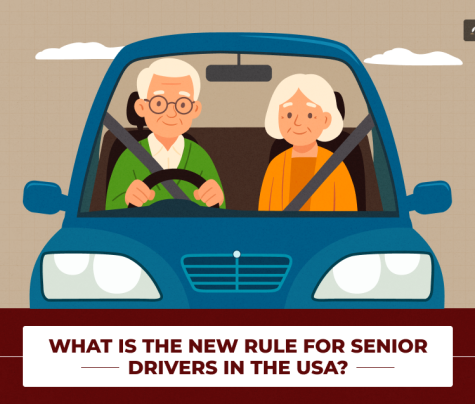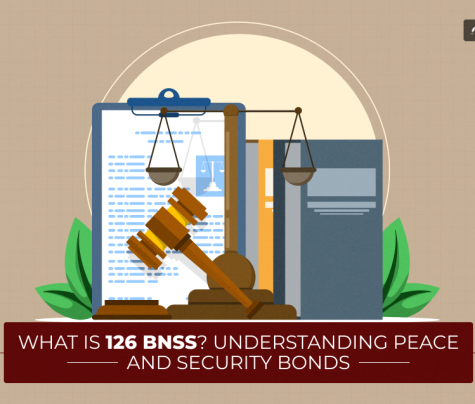
If the Californian government asks you to get an apostille for personal documents, you will probably feel confused about where to start. So, how to apostille a document in California? Naturally, the process is different for every Federal state, making it difficult for most people to understand the same.
But you don’t need to worry – relax, we have covered you! This blog will help you understand how to obtain an apostille, so that you can save your time and money.
Types of Personal Documents Requiring an Apostille in California

Not all documents require an apostille, but when they do, it’s often for personal records that necessitate official recognition abroad. These are typically the papers that prove identity, relationships, or qualifications — things like birth certificates, marriage licenses, and other official records.
Each type serves a specific purpose, and in the next sections, we’ll explore them in detail to determine what’s relevant to your situation.
Birth Certificates
A birth certificate apostille is often essential for international purposes, such as applying for dual citizenship, registering a marriage abroad, or adopting a child from a foreign country.
In California, the process begins with getting a certified document copy from the County Recorder’s Office or the California Department of Public Health. Once you have the paper, it must go through the apostille procedure to become valid for use in the destination country.
Marriage Certificates
Securing a marriage certificate apostille is a critical step if you need marital status recognized abroad. This often applies to couples applying for residency, citizenship, or legal benefits in another country.
In this case, documents must meet specific standards to be eligible for the apostille process. Requesting an official copy from the County Clerk’s Office is necessary to authenticate the paper and make your union officially acknowledged.
Divorce Decrees and Other Legal Documents
Legal documents, including divorce decrees, frequently demand an apostille for different international goals in California. For instance, a divorce decree may be necessary to remarry abroad or resolve custody or financial matters.
Papers like power of attorney or court orders may also call for authentication to be used overseas. Other records that commonly should proceed through apostille authentication include educational transcripts, diplomas, and business contracts.
How To Apostille a Document in California?
If you require an apostille in California, you must know which federal office or state can give it. The U.S. Department of State issues these documents for use in Hague Apostille countries.
Documents that need an apostille issue from the U.S. Department include the documents that are signed by:
- A U.S. Federal Official
- An Americal Consular
- Judge Advocate, foreign Consul diplomatic official, a Military Notary
The document has to be signed and include the complete name of the official, and then it needs to be sealed by the issuing agency. Then, the documents have to be sent to the U.S. Department.
Where to Get an Apostille in California
Personal document legalization in California involves working with the right authorities. The process consists of submitting papers for official verification to be recognized in another country. To move forward without delays and mistakes, you need to know where to go, and in the sections below we’ll help you get familiar with it.
California Secretary of State’s Office
The California Secretary of State apostille service is the official authority for authenticating personal documents for use abroad. To obtain an apostille, you must submit papers to one of their offices, either in Sacramento or Los Angeles.
The time for processing may vary, especially if you apply by mail, so planning ahead is essential. Following the office’s specific submission standards, such as including the appropriate fees and a self-addressed return envelope, allows you to proceed without surprises.
Third-Party Apostille Services
For those who want to simplify the process, a convenient alternative is apostille in California services by third-party vendors. Our experts at One Source Process handle all the challenges, from document preparation to submission and tracking.
This can be a lifesaver if you have pressing deadlines or challenging cases. By relying on professionals, you don’t have to worry about the intricacies of the apostille process in California or meeting specific requirements. Specialists deal with everything, so you can focus on what matters most.
Timeframe and Costs for Apostille in California
First, it’s important to note that processing times can vary depending on factors like state holidays, office closures, or high submission volumes. Regarding exact timelines, at One Source Process, for example, our Routine services typically take 4–14 business days. While Rush or Same Day options can significantly reduce the waiting time.
Regarding apostille fees in California, the Secretary of State charges $20 per document. An extra $6 handling fee is needed for every distinct public official’s signature that must be authenticated.
If you choose to use a professional apostille service, additional costs for handling, shipping, and expedited options may apply.
To check the prices, visit our website and choose the best tariff that suits your situation. Once you have any questions about how to get an apostille in California, our managers are available to assist and provide guidance.
Why You Should Ensure Your Personal Documents are Apostilled Correctly
If you have important goals to achieve — such as studying abroad, getting married internationally, or resolving legal matters — improperly apostilled documents can quickly become an obstacle. So, it is important that you know how to apostille a document in California.
For instance, if a birth certificate or marriage license is submitted without the necessary certification or an apostille, it will likely be rejected.
This can result in delays for critical matters like visa applications, legal proceedings, or enrollment in a foreign institution, causing costly and time-consuming setbacks. And, of course, your emotional state may suffer, too, as dealing with these unexpected complications can be incredibly stressful.
The solution to this problem is a clear and structured plan. With the right approach, success is within reach.
Read Also:
- What is a High Net Worth Divorce? Everything You Must Know
- Understanding the Key Roles of a Divorce Lawyer in a Divorce Case
- The Compassionate Approach: Legal Expertise and Emotional Support for Divorces




![Understanding The Pay Transparency Law Of Massachusetts [2026 Guide]](https://lawyersinventory.com/wp-content/uploads/2026/02/massachusetts-pay-transparency-law-100x100.png)






0 Reply
No comments yet.